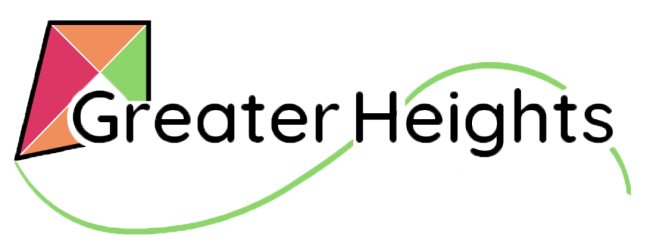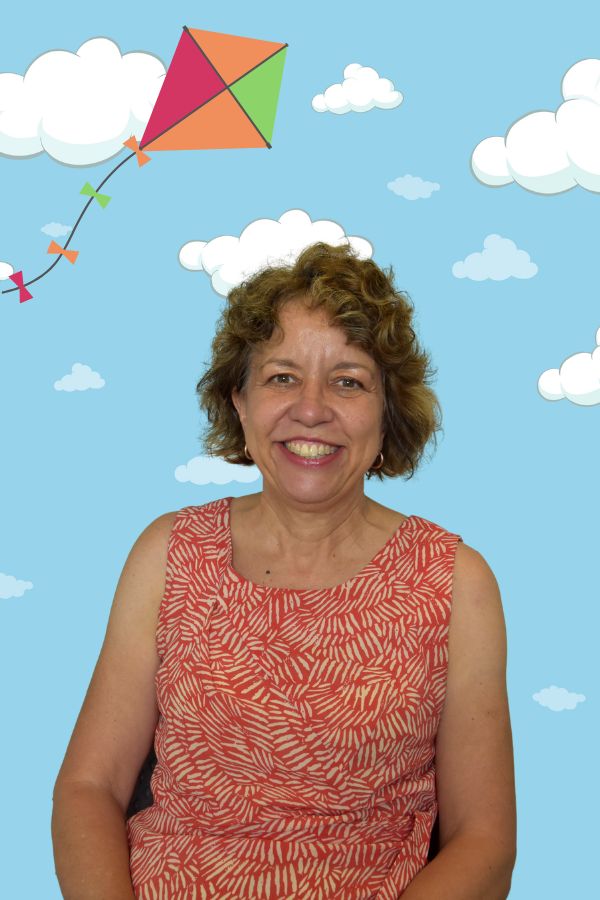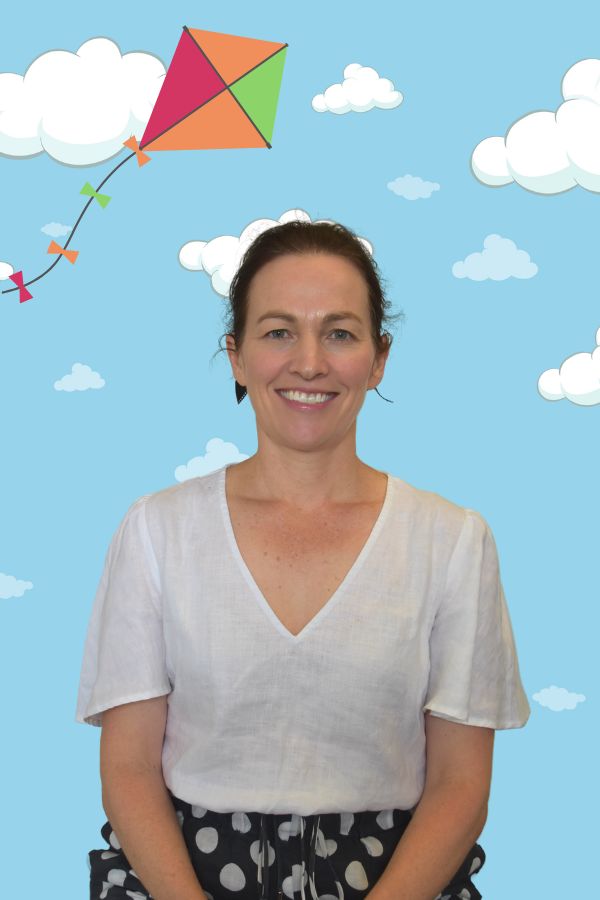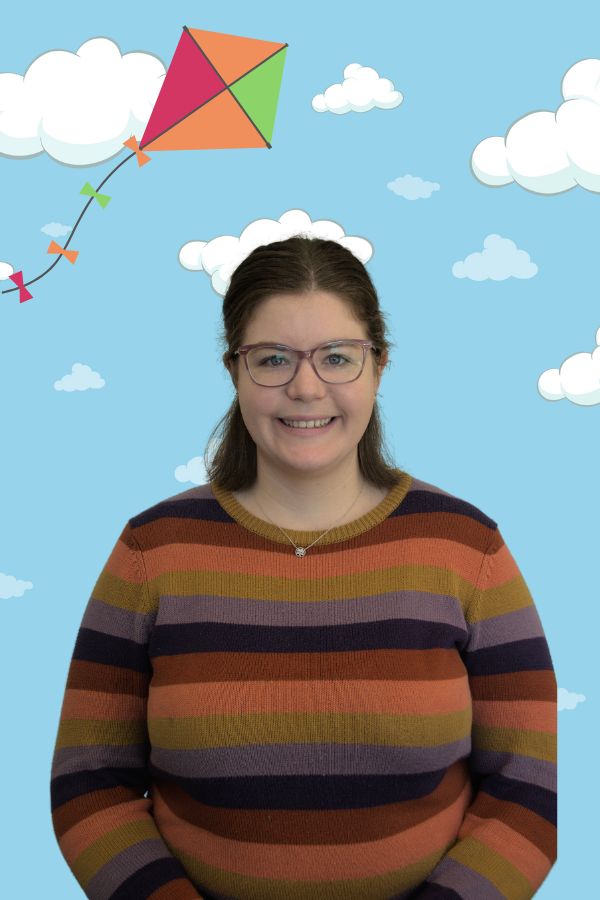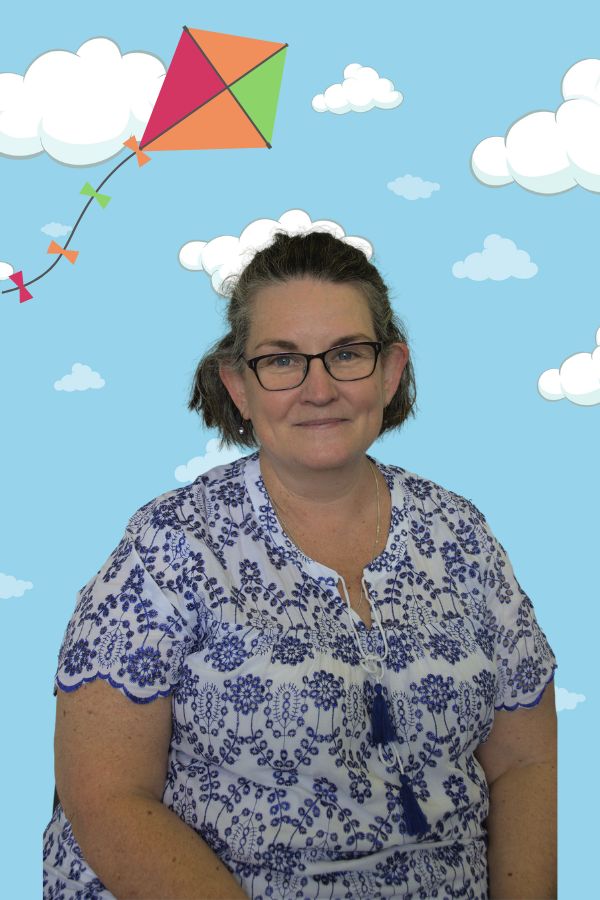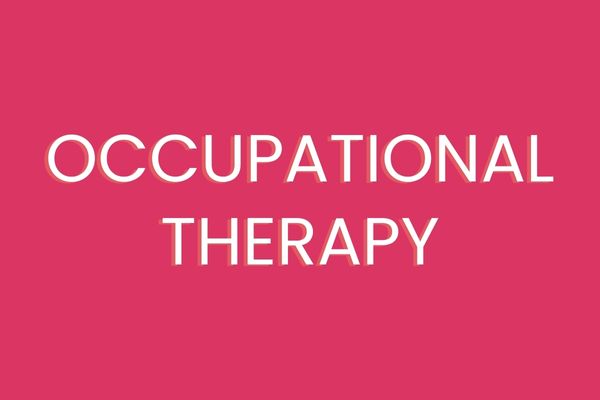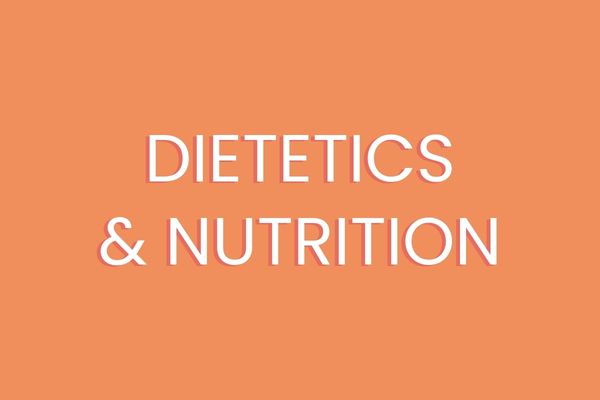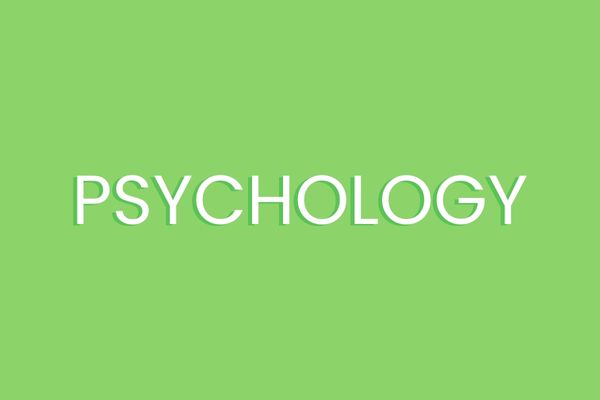Speech Pathology Toowoomba
Speech pathology supports:
- Speech
- Language
- Literacy
- Stuttering / Fluency
- Social Skills
- Mealtimes
Assists in the diagnosis of:
- Autism Spectrum Disorder
- Global Developmental Delay
- Specific Learning Disability (dyslexia)
- Developmental Language Disorder
- Childhood Apraxia of Speech
- Avoidant and Restrictive Food Intake
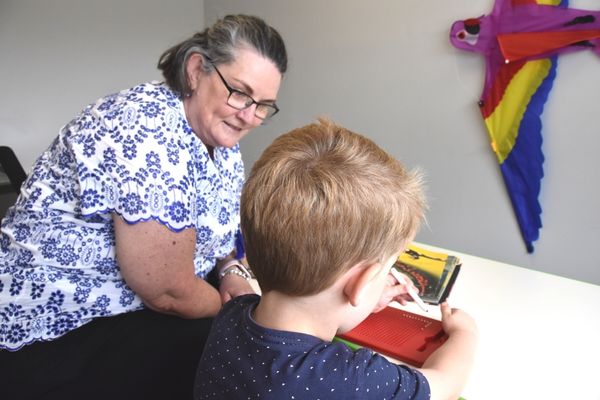
Speech language and communication
Communication is a critical skill for all children. It is part of the foundation for playing, learning, and making friends. It is a skill that your child will use throughout their entire life.
Early identification and intervention for speech and language difficulties can make a world of difference to a child.
This is where Speech Pathology may be needed. Our team of Speech Pathologists at Greater Heights Children’s Therapy bring a wide range of expertise and experience.
Above all, our goal is for your child to be communicating effectively across all environments.
What is speech pathology?
It’s important to understand that communication is a complex field. It is part of our lives from the day we are born. Communication covers everything from using eye contact, to writing essays at university. So when communication breaks down, even in the mildest way, it impacts that person’s ability to interact with the world around them. When communication issues start early, there is a domino effect. As a result, later communication skills are also compromised. That is when Speech Pathology is needed.
Our Speech Pathologists work to identify communication issues quickly and start working to improve them. Some children may have a specific diagnosis, other children just need bit of help in one area of development or learning. For all children, attending Speech Pathology to identify communication issues as early as possible is leads to the best outcomes.
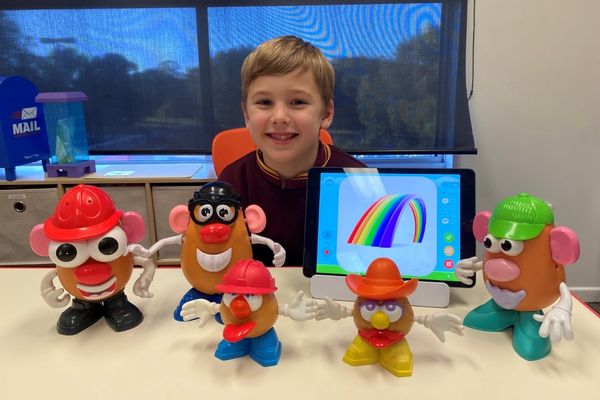
Speech Pathology Assessments
First, we do an assessment. Our assessment of your child is carried out in a relaxed, fun-filled environment. The assessment can look at:
- Speech sound development / Clarity of speech
- Listening and attention
- Following instructions and answering questions
- Gestural communication e.g., waving and pointing
- Spoken language
- Vocabulary and sentence structure
- Play skills (a critical part of communication development)
- Social skills
- Literacy development
Importantly, we use tests that are either standardised or norm-referenced. At the end of the Speech Pathology assessment, we discuss with you the outcomes of the assessment and we make recommendations.
Therapy Planning
The final step of the assessment phase is the development of step-by-step goals and objectives. We use these as our intervention guide. Planning for therapy is based on the therapist’s assessment, the functional impact of the communication difficulty, and the parents’ main concerns. We develop achievable goals for your child and set up therapy sessions to fit with the family timetable.
Speech Pathology Intervention
Most importantly, Speech Pathology sessions have a strong focus around fun. However, every activity very specifically targets intervention goals. We know that when children are enjoying the activity they are doing, then they learn better because they are in the ‘’just-right zone’’ for learning. There is close involvement with family members and awareness of the needs of the child across the home and other environments.
Duration of intervention sessions
Individual sessions are usually once a week or once per fortnight, but this is dependent on the needs of your child. Individual Speech Pathology sessions are usually 30 minutes to one hour in length. Your child will have specific goals that the intervention will address. We track these goals and can show you your child’s progress after every session. It is ideal if activities are followed through at home, and we will work with each family to achieve this. Home practice allows the therapy program to be progressed in some way each time you attend an appointment.
Working with other professionals
With your permission, we keep in contact with teachers and other professionals who may be working with your child. We also have Occupational Therapists, Psychologists and an Accredited Practising Dietitian in our clinic. This means we are able to refer to other specialists within the clinic when required.
